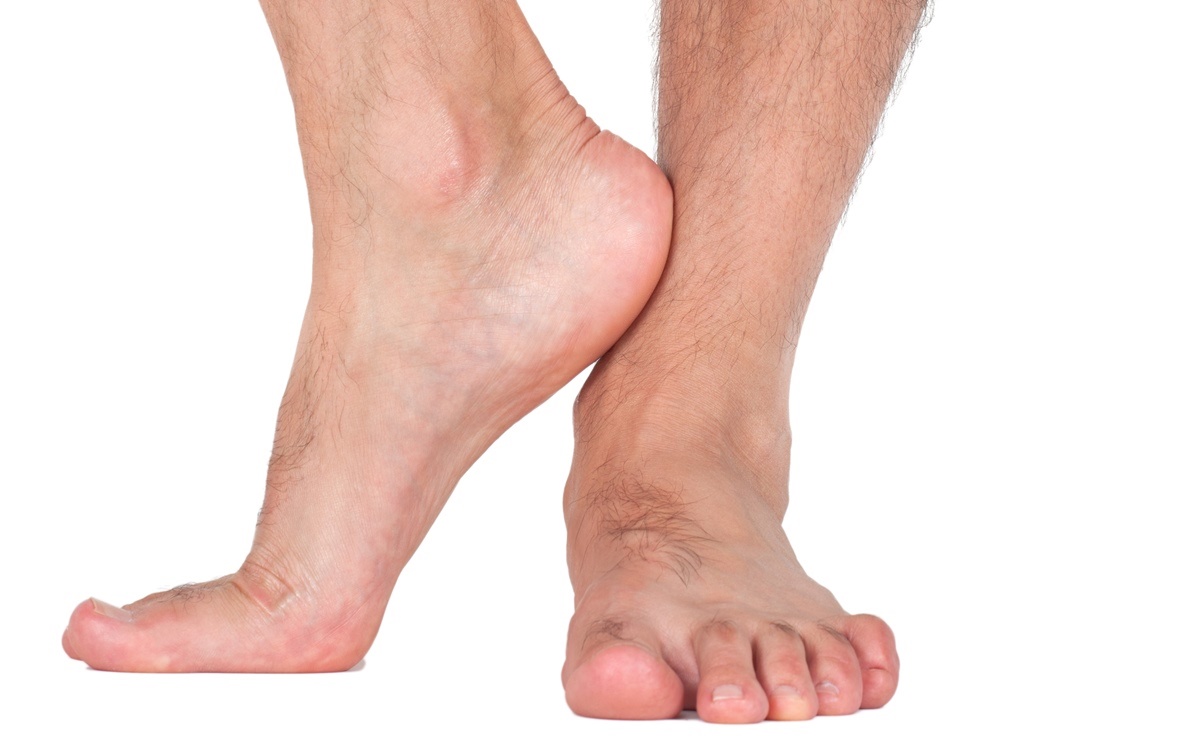
Arch pain is most often the result of overuse. However, it may be caused by an injury.
Your heel may become tender or swollen from:
- Shoes with poor support or shock absorption
- Running on hard surfaces, like concrete
- Running too often
- Tightness in your calf muscle or the Achilles tendon
- Sudden inward or outward turning of your heel
- Landing hard or awkwardly on the heel
Conditions that may cause heel pain include:
- Swelling and pain in the Achilles tendon
- Swelling of the fluid-filled sac at the back of the heel bone under the Achilles tendon
- Bone spurs in the heel
- Swelling of the thick band of tissue on the bottom of your foot (plantar fasciitis)
- Fracture of the heel bone that is related to landing very hard on your heel from a fall(calcaneus fracture)
Home Care
The following steps may help relieve your heel pain:
- Rest as much as possible for at least a week.
- Wear well-fitted shoes.
- Use a heel cup, felt pads in the heel area, or shoe insert.
Your health care provider may recommend other treatments, depending on the cause of your heel pain.
Maintaining flexible and strong muscles in your calves, ankles, and feet can help prevent some types of heel pain. Always stretch and warm-up before exercising.
Wear comfortable and well-fitting shoes with good arch support and cushioning. Make sure there is enough room for your toes.
When to Contact a Medical Professional
Call your provider if your heel pain does not get better after 2 to 3 weeks of home treatment. Also call if:
- Your pain is getting worse despite home treatment
- Your pain is sudden and severe
- You have redness or swelling of your heel
- You cannot put weight on your foot
What to Expect at Your Office Visit
Your provider will perform a physical exam and ask questions about your medical history and symptoms, such as:
- Have you had this type of heel pain before?
- When did your pain begin?
- Do you have pain upon your first steps in the morning or after your first steps after rest?
- Is the pain dull and aching or sharp and stabbing?
- Is it worse when standing?
- Did you fall or twist your ankle recently?
- Are you a runner? If so, how far and how often do you run?
- Do you walk or stand for long periods of time?
- What kind of shoes do you wear?
- Do you have any other symptoms?